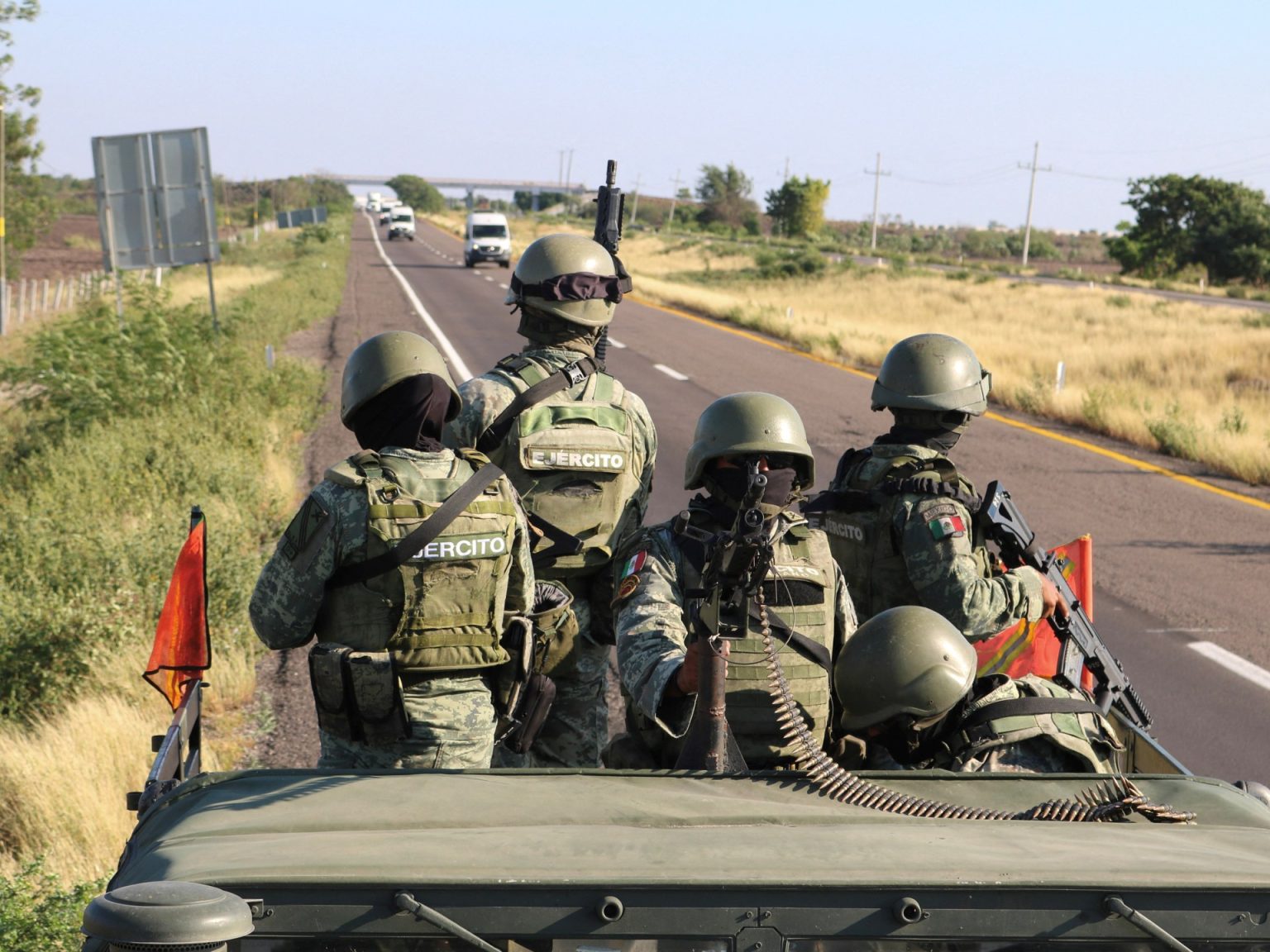Violence has escalated in Sinaloa following the arrest of Ismael Zambada, a co-founder of the Sinaloa cartel who is now on trial in the US. The Mexican military recently killed 19 suspected members of the cartel after they came under attack in the state. More than 30 gunmen opened fire on soldiers in Culiacan, resulting in a shootout that left the cartel members dead. Intra-cartel violence has increased since Zambada’s arrest, with the Ministry of National Defense stating that the members killed in the shootout were likely linked to his faction. One local cartel leader was arrested during the incident, while others managed to flee the scene.
In July, the US arrested Zambada and Joaquin Guzman Lopez, the son of another co-founder of the Sinaloa cartel, near El Paso, Texas. Zambada accused Guzman Lopez of kidnapping him and turning him over to US authorities. Guzman, also known as “El Chapo,” is serving a life sentence in the US for drug trafficking. Zambada has pleaded not guilty to charges of drug trafficking, murder, and other offenses in a New York court, while Guzman Lopez has pleaded not guilty to drug trafficking charges in a Chicago federal court. Gang violence in Sinaloa has intensified since September, with around 200 people killed and over 300 others reported missing, according to official data. The region has seen a significant increase in violence over the years, with more than 450,000 murders in Mexico since 2006, much of it linked to drug trafficking and gangs.
The surge in violence in Sinaloa highlights the ongoing power struggles and conflicts within the cartel following the arrest and trials of key members. The Mexican military’s operations against cartel members indicate the government’s efforts to combat organized crime in the region. The seizure of weapons and vehicles during the recent shootout demonstrates the escalating arms race and violence within the criminal groups. The heightened violence has also put a strain on local communities, with many people becoming victims of the conflict and facing the repercussions of the criminal activities.
The arrest and trials of prominent cartel members such as Zambada and Guzman Lopez show the continued efforts by law enforcement to target and prosecute individuals involved in drug trafficking and other criminal activities. The accusations and legal proceedings against the suspects shed light on the inner workings and rivalries within the Sinaloa cartel. The US-Mexico cooperation in arresting and prosecuting these individuals highlights the international dimensions of the drug trafficking syndicates and the ongoing challenges in combating transnational crime. The impact of these arrests and the subsequent violence in Sinaloa underscore the complex and dangerous nature of the drug trade and its repercussions on society.
The cycle of violence and conflict in Sinaloa reflects the broader challenges facing Mexico in addressing organized crime, drug trafficking, and gang violence. The region has long been a hotspot for cartel activities and criminal operations, leading to high levels of violence and insecurity. The recent surge in violence and the crackdown on cartel members by the military highlight the ongoing struggles between authorities and criminal groups in the region. The implications of these events extend beyond Sinaloa, impacting the larger efforts to address drug trafficking and organized crime in Mexico and the United States. The need for coordinated and effective strategies to address the root causes of violence and instability in the region remains a pressing issue for both governments and communities affected by the drug trade.


